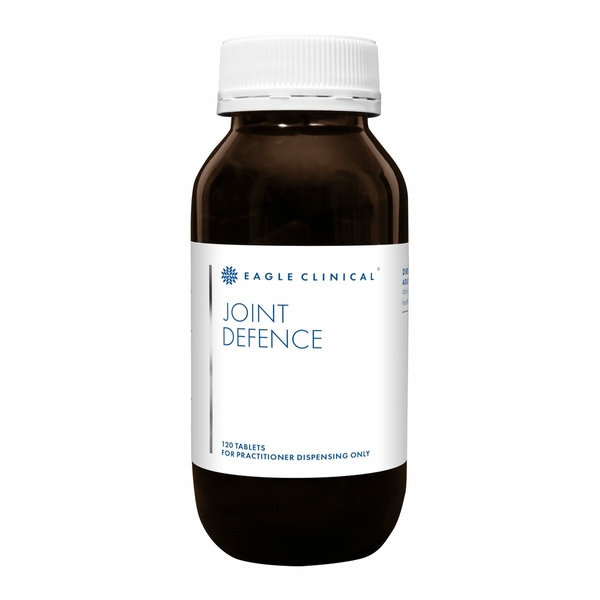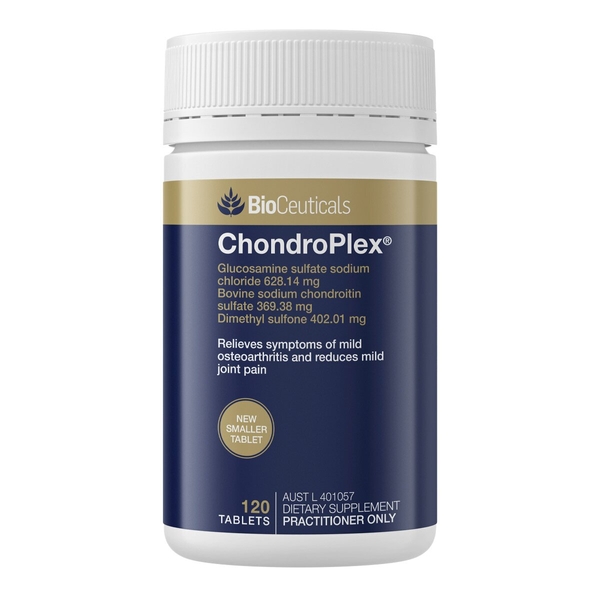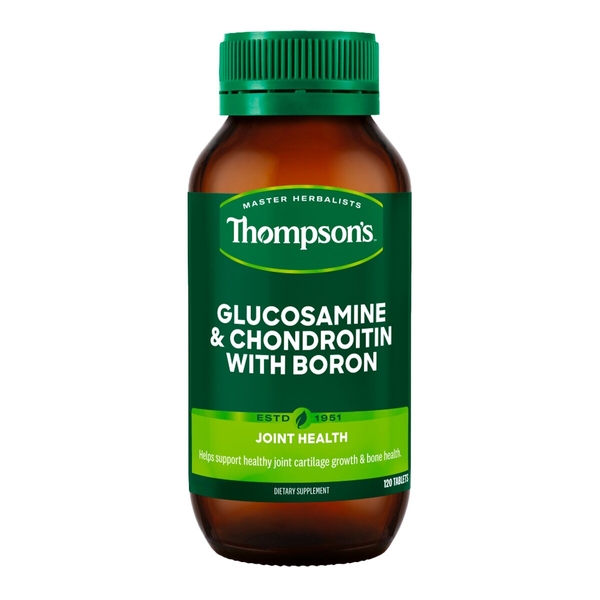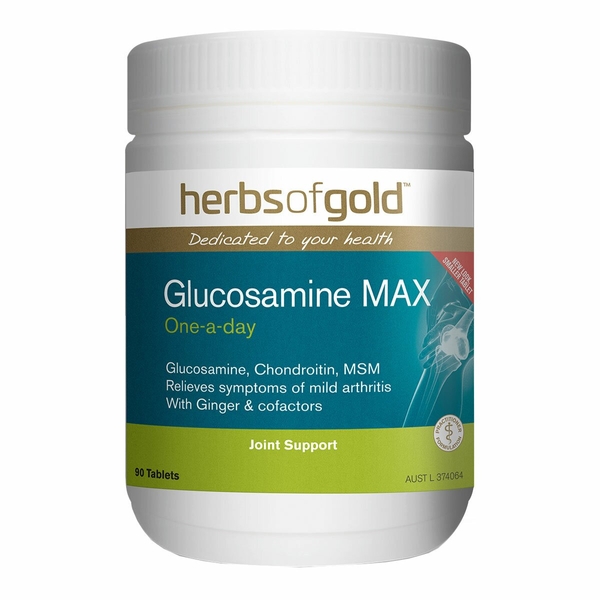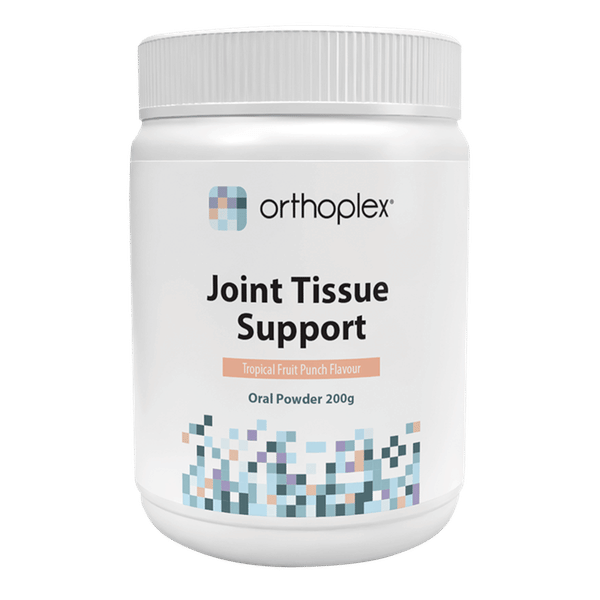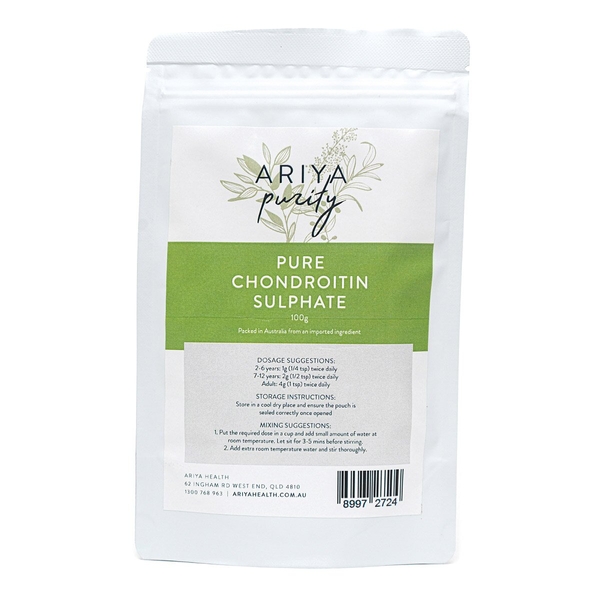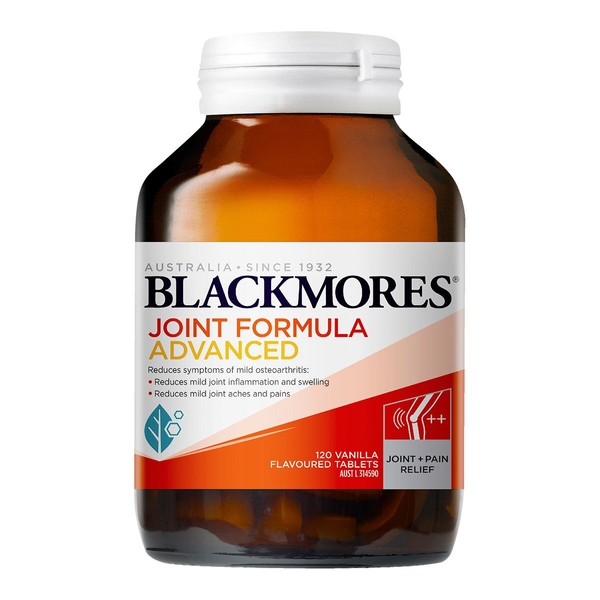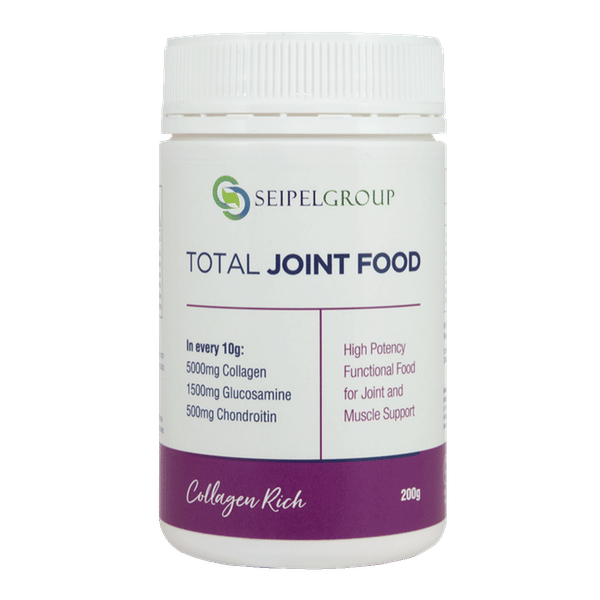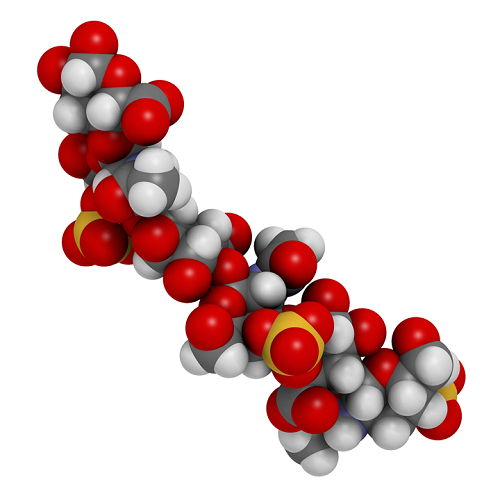
Chondroitin sulfate
Scientific names: Chondroitin 4-sulfate, Chondroitin 4- and 6-sulfate
Alternative names: Calcium Chondroitin Sulfate, CDS, Chondroitin Polysulfate, Chondroitin Sodium Sulfate, Chondroitin Sulphate, Chondroïtine, Chondroïtine Sulfate A, Chondroïtine Sulfate B, Chondroïtine Sulfate C, Chondroïtine 4-Sulfate, Chondroïtine 4- et 6- Sulfate, Condroitin, CPS, CS, CSA, CSC, GAG, Galactosaminoglucuronoglycan Sulfate, Poly-(1->3)-N-Acetyl-2-Amino-2-Deoxy-3-O-Beta-D-Glucopyranurosyl-4-(or 6-), Polysulfate de Chondroïtine, Shark Chondroitin Sulphate, Sulfate de Chondroïtine, Sulfate de Galactosaminoglucuronoglycane, Sulfates de Chondroïtine, Sulfato de Condroitina
Actions: Anticoagulant, Anti-inflammatory, Antineoplastic, Antiviral, Bladder, Bone, Cardiovascular, Joint, Neurologic, Ophthalmologic, Wound-healing
Background
Chondroitin sulfate is a chemical found in human and animal cartilage. It is commonly used by mouth with glucosamine or other ingredients for osteoarthritis.
Chondroitin sulfate is one of the building blocks of cartilage. In osteoarthritis, the cartilage in the joints breaks down. Taking chondroitin sulfate might slow this breakdown. It is usually manufactured from animal sources, such as shark and cow cartilage. It can also be made in a lab.
Chondroitin sulfate is used for osteoarthritis and cataracts. It is often used together with other ingredients, including manganese ascorbate, hyaluronic acid, collagen peptides, or glucosamine. Chondroitin sulfate is also used for many other conditions, but there is no good scientific evidence to support these uses.
Chondroitin sulfate is one of the building blocks of cartilage. In osteoarthritis, the cartilage in the joints breaks down. Taking chondroitin sulfate might slow this breakdown. It is usually manufactured from animal sources, such as shark and cow cartilage. It can also be made in a lab.
Chondroitin sulfate is used for osteoarthritis and cataracts. It is often used together with other ingredients, including manganese ascorbate, hyaluronic acid, collagen peptides, or glucosamine. Chondroitin sulfate is also used for many other conditions, but there is no good scientific evidence to support these uses.
Safety Safety definitions
When taken by mouth: Chondroitin sulfate is likely safe when used for up to 6 years. It can cause some mild stomach pain and nausea. Other possible side effects include bloating, diarrhea, and constipation.
When placed into the eye: Chondroitin sulfate is possibly safe when used together with other ingredients in an eye drop.
Asthma: There is some concern that chondroitin sulfate might make asthma worse. If you have asthma, use chondroitin sulfate cautiously.
Prostate cancer: Early research suggests that chondroitin might cause the spread or recurrence of prostate cancer. This effect has not been shown with chondroitin sulfate supplements. However, until more is known, do not take chondroitin sulfate if you have prostate cancer or are at high risk for developing it (you have a brother or father with prostate cancer).
When placed into the eye: Chondroitin sulfate is possibly safe when used together with other ingredients in an eye drop.
Special Precautions & Warnings:
Pregnancy and breast-feeding: There isn't enough reliable information to know if chondroitin sulfate is safe to use when pregnant or breast-feeding. Stay on the safe side and avoid use.Asthma: There is some concern that chondroitin sulfate might make asthma worse. If you have asthma, use chondroitin sulfate cautiously.
Prostate cancer: Early research suggests that chondroitin might cause the spread or recurrence of prostate cancer. This effect has not been shown with chondroitin sulfate supplements. However, until more is known, do not take chondroitin sulfate if you have prostate cancer or are at high risk for developing it (you have a brother or father with prostate cancer).
Effectiveness
NatMed Pro rates effectiveness based on scientific evidence according to the following scale: Effective, Likely Effective, Possibly Effective, Possibly Ineffective, Likely Ineffective, Ineffective, and Insufficient Evidence to Rate.
Possibly effective Effectiveness definitions
- Cataracts. An injectable solution containing chondroitin sulfate and sodium hyaluronate is approved by the FDA to protect the eye during cataract surgery. It is not clear if using it in a different form will help.
- Osteoarthritis. Taking chondroitin sulfate by mouth seems to provide some relief from osteoarthritis pain and improve function. High quality, pharmaceutical-grade products have shown the most benefit. Chondrosulf (IBSA Institut Biochimique SA), Chondrosan (Bioiberica, S.A.) and Structum (Laboratoires Pierre Fabre) are examples of these products.
Dosing & administration
Chondroitin sulfate is most commonly used by adults in doses of 800-1200 mg per day, for up to 2 years.
There is concern that some chondroitin sulfate products are not labeled accurately. Some products might contain no chondroitin, while other products might contain more than the amount stated on the product's label. Because of these issues, the effects of different chondroitin products may vary. Speak with a healthcare provider to find out what dose or product might be best.
There is concern that some chondroitin sulfate products are not labeled accurately. Some products might contain no chondroitin, while other products might contain more than the amount stated on the product's label. Because of these issues, the effects of different chondroitin products may vary. Speak with a healthcare provider to find out what dose or product might be best.
Interactions with pharmaceuticals
Warfarin (Coumadin)
Interaction Rating=Moderate Be cautious with this combination.
Warfarin is used to slow blood clotting. There are several reports showing that taking chondroitin with glucosamine increases the effects of warfarin. This can cause bruising and bleeding that can be serious. Don't take chondroitin if you are taking warfarin.
Interactions with herbs & supplements
Glucosamine: Taking chondroitin sulfate together with glucosamine hydrochloride might reduce blood levels of glucosamine. But it's not clear if this will change the effects of glucosamine hydrochloride. It's also not clear if this interaction occurs with other forms of glucosamine, such as glucosamine sulfate.
Interactions with foods
There are no known interactions with foods.
Products
View all productsPer tablet:
- Sodium chondroitin sulphate (bovine) 330 mg equiv. chondroitin sulphate 300 mg
- Glucosamine sulphate potassium chloride 498 mg equiv. glucosamine sulphate 375 mg
- Boswellia serrata ext. 104 mg
- Cholecalciferol 6.25 μg equiv. vitamin D3 250 IU
- Manganese amino acid chelate 18.8 mg equiv. manganese 3.75 mg
- Borax 6.29 mg equiv. boron 712.5 μg
Practitioner product
Practitioner product
RRP: $58.39$43.21Save: 26%
Create account
Per tablet:
- Sodium chondroitin sulphate (bovine) 130 mg equiv. chondroitin sulphate 120 mg
- Glucosamine hydrochloride 1.5 g equiv. glucosamine 1.245 g
- Dimethyl sulfone (MSM) 100 mg
- L-proline 10 mg
- Glycine 10 mg
- Silica - colloidal anhydrous 10 mg equiv. silicon 4.67 mg
- Zinc oxide 6.23 mg equiv. zinc 5 mg
- Manganese sulphate monohydrate 9.23 mg equiv. manganese 3 mg
- Zingiber officinale ext. 50 mg
RRP: $46.95$37.55Save: 20%
Create account
Per 7.2 g (Fruit Punch):
- Sodium chondroitin sulphate (bovine) 120 mg equiv. chondroitin sulphate 108 mg
- L-leucine 240 mg
- L-valine 240 mg
- L-glycine 1.75 g
- Glucosamine hydrochloride 600 mg equiv. glucosamine 498 mg
- Glucosamine sulphate potassium chloride 600 mg equiv. potassium 148 mg equiv. glucosamine 354.7 mg
- Lysine hydrochloride 720 mg
- Creatine monohydrate 600 mg
- Ascorbic acid (Vitamin C) 600 mg
- Citrus bioflavonoids extract 396 mg
- Calcium pantothenate (Vitamin B5) 36 mg equiv. pantothenic acid 33 mg
- Zinc amino acid chelate 30 mg equiv. zinc 6 mg
- Copper gluconate 4.6 mg equiv. copper 600 µg
- Selenomethionine 130 µg equiv. selenium 52.2 µg
- Borax 19.4 mg equiv. boron 2.23 mg
Practitioner product
RRP: $89.99$72.00Save: 20%
Currently unavailable at vital.ly
Create account
Per 5 g:
- Chondroitin sulphate (bovine) 250 mg
- Hydrolysed bovine collagen peptides 2500 mg
- Glucosamine sulphate sodium chloride 750 mg
- Methylsulfonylmethane (MSM) 750 mg
- Ascorbic acid (Vitamin C) 40 mg
- Curcuma longa 3250 mg
- Bambusa vulgaris 14.9 mg
- Zinc gluconate equiv. zinc 4.6 mg
- Manganese citrate equiv. manganese 1.1 mg
- Magnesium citrate equiv. magnesium 40 mg
- Cholecalciferol 40 IU
- Piper nigrum 0.1 mg
- Natural lemon flavour
- Siraitia grosvenorii (Monk fruit)
$69.99
Discontinued by Seipel Health
Create account
vital.ly has licensed monographs from TRC Healthcare.
This monograph was last reviewed on 13/06/2025 10:00:00 and last updated on 08/02/2023 07:17:40. Monographs are reviewed and/or updated multiple times per month and at least once per year.
Natural Medicines disclaims any responsibility related to medical consequences of using any medical product. Effort is made to ensure that the information contained in this monograph is accurate at the time it was published. Consumers and medical professionals who consult this monograph are cautioned that any medical or product related decision is the sole responsibility of the consumer and/or the health care professional. A legal License Agreement sets limitations on downloading, storing, or printing content from this Database. No reproduction of this monograph or any content from this Database is permitted without written permission from the publisher. It is unlawful to download, store, or distribute content from this site.

